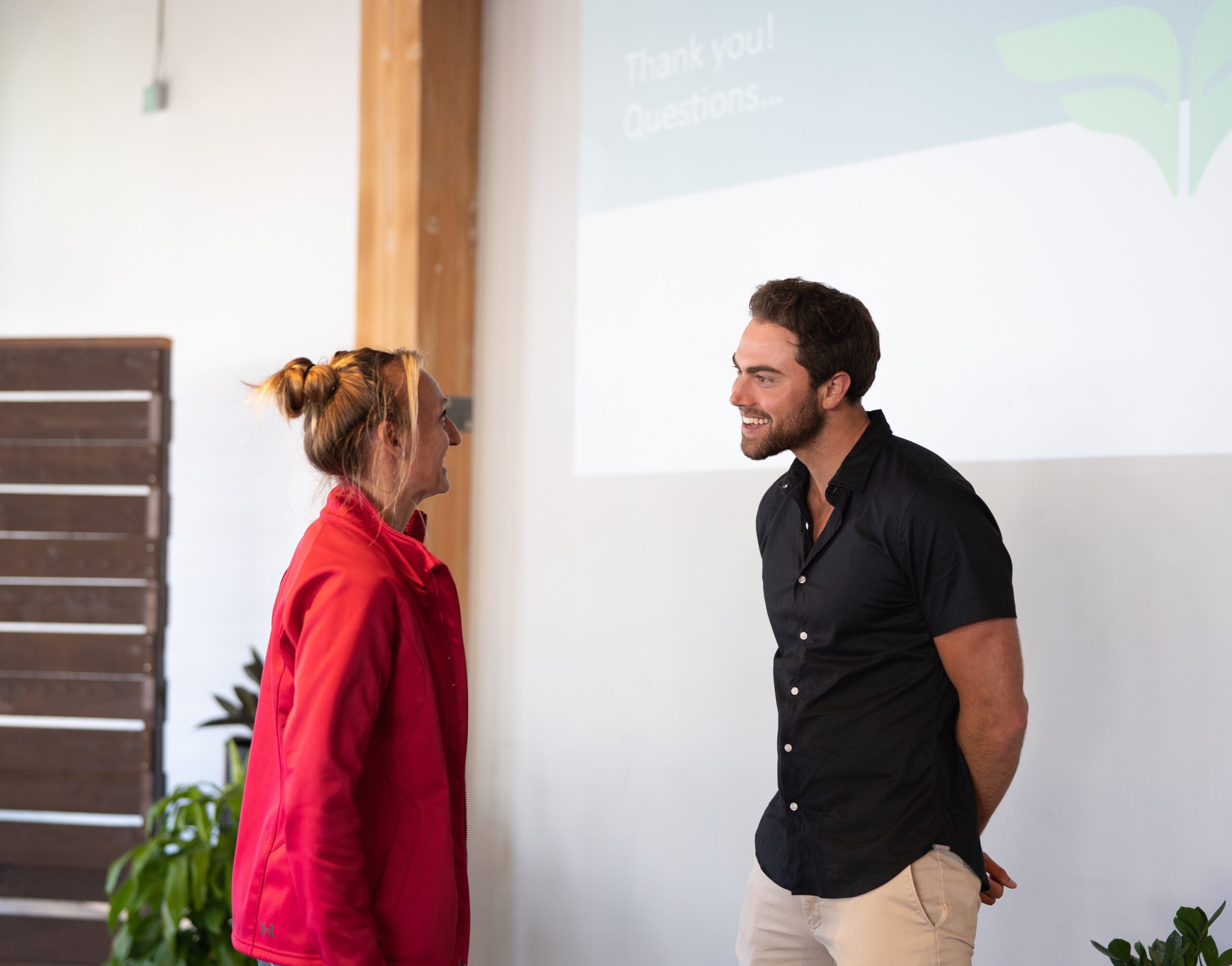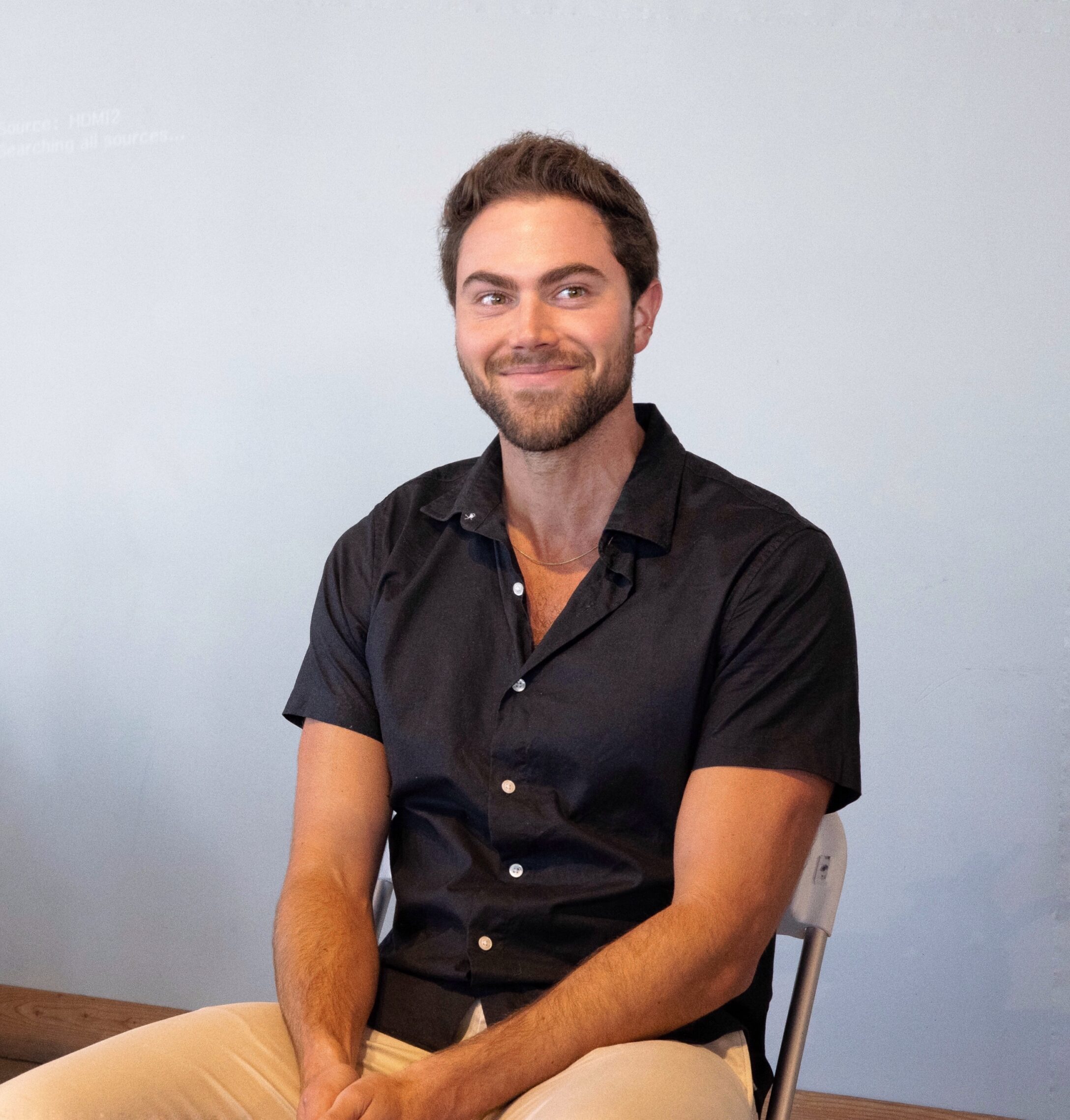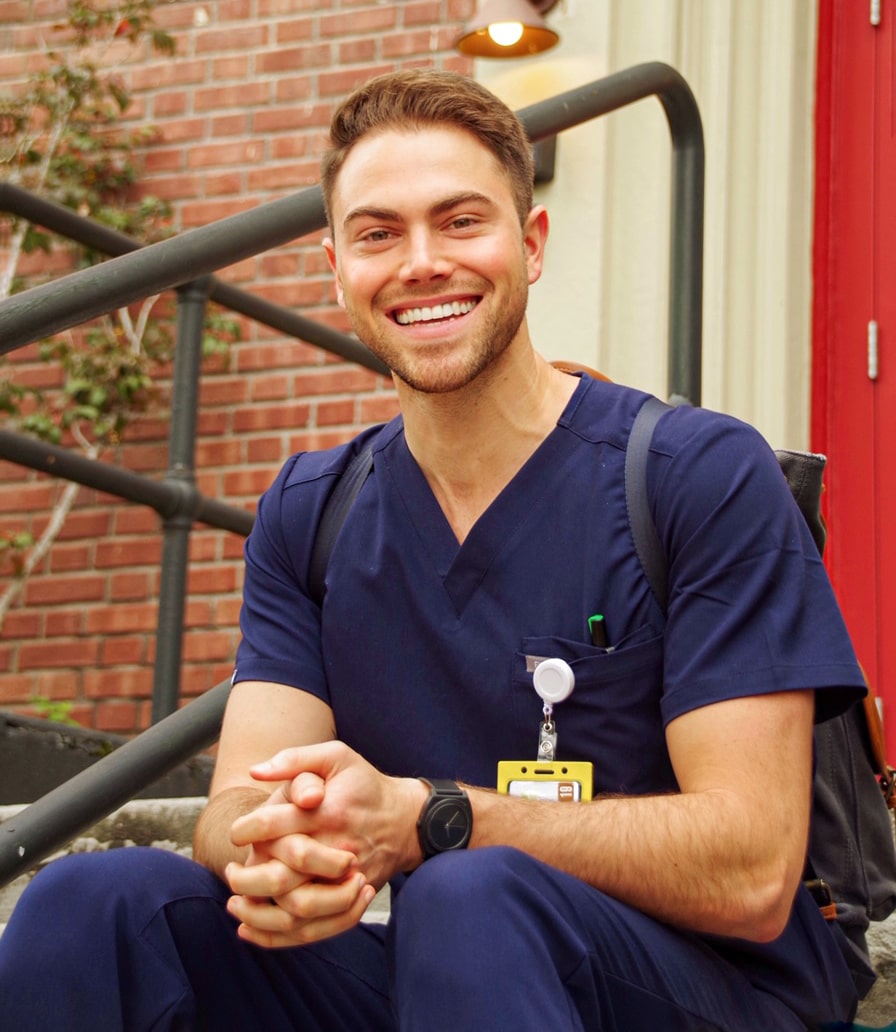
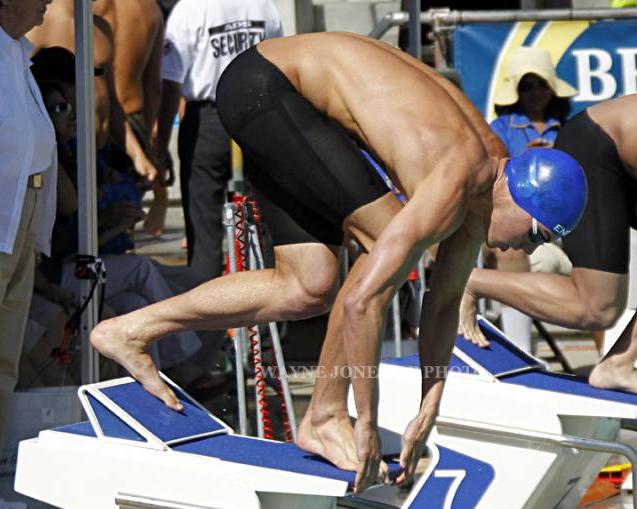
As an undergraduate student in the biological sciences, Tyler initially pursued the stereotypical track of one day becoming a doctor. However, he was uncertain what type of doctor he wanted to become. He had always been interested in nutrition and its implications in health and disease. His passion encompassed educating the public on the importance of food as medicine and inspiring people to embrace healthier lifestyles. It was apparent to him that he wanted to take on a more integrative and preventative approach to health care.
After graduating from the University of California, Santa Barbara (UCSB) in June of 2015, Tyler found himself with an overwhelming number of avenues to explore. He had worked incredibly hard during his undergraduate career, but his path still seemed uncertain. While training for the 2016 U.S. Olympic Swimming Trials the following summer, Tyler dabbled with the idea of pursuing a career in research.
Tyler worked part-time at the Neuroscience Research Institute at UCSB under the guidance of Dr. Pete Coffey, an internationally recognized retinal biologist, who extended to him an invitation to join his laboratory for the study of age-related macular degeneration. Tyler split his time working downtown as a Clinical Research Coordinator at Sansum Diabetes Research Institute, where he assisted with the conduction of clinical research trials that were primarily focused on the development and feasibility of an Artificial Pancreas System for the treatment of Type 1 diabetics. It was this clinical exposure that ultimately catalyzed Tyler’s decision to pursue a career in clinical care.
During this time, Tyler started an Instagram account known as ‘@functional.foods’ after experiencing the powerful benefits of implementing several dietary interventions. At the time, he had transitioned to a whole food plant-based diet, and he was on a mission to showcase the health benefits of plants and how to craft flavorful, nourishing recipes. However, this way of eating was not conducive to his overall well-being.
Confronted with health challenges, he reintroduced meat into his diet. Over the years, he embarked on a quest to answer the question: “What is the best diet for everyone?” While Tyler had tried many diets out there, he came to realize that the best diet is the diet that works best for you and your individual needs.
While food is a powerful tool, Tyler came to understand that there is more to health than just what we eat. This realization propelled him into pursuing a career in medicine. When faced with the decision to choose a career path in medicine, Tyler was very discouraged by the allopathic approach to healthcare. This conventional and more predominant model of medicine, especially in the United States, holds ideals that are primarily based on the assumption that disease is an identifiable entity that can be eliminated through treatment and use of pharmaceutical drugs to suppress and mask symptoms.
How, he thought, could I make an authentic career out of medicine when our current health care system pays little attention to diet and lifestyle in the treatment and prevention of disease? It wasn’t until he worked with a naturopathic doctor as a teaching assistant for a “Nutrition” course at UCSB that he discovered what being a naturopathic doctor entailed.

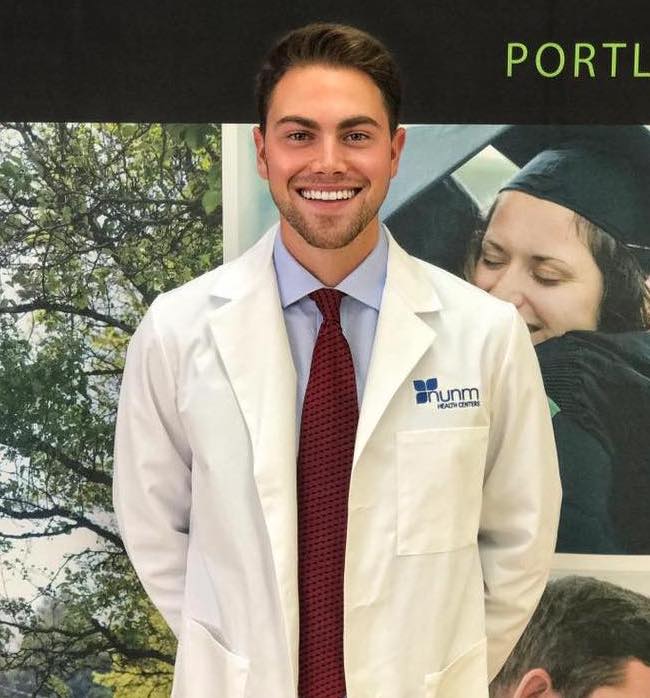

It was during his time as a teaching assistant that he knew he had found his life calling: as a doctor who takes an integrative, holistic, and preventative approach to medicine by exploring the intersection of Western and Eastern based philosophies.
Tyler’s passion for helping and educating others, along with his background as an elite athlete, ultimately inspired him to pursue a career in healthcare. When making his choice to pursue a degree in medicine, he wanted to choose something that he wholeheartedly believed in and was equally new and exciting. Naturopathic and functional medicine was that answer for him.
It is once he started naturopathic medical school at the National University of Natural Medicine in 2017 that he deepened his understanding of the body’s complexities and the myriad factors that contribute to health. Tyler was a very disciplined and hardworking individual. This was displayed not only in the classroom, but everything that he sought to complete. He was also a perfectionist. It caused an immeasurable amount of stress that made his anxiety and ADHD worse. While he was aware of his perfectionistic tendencies, he didn’t know what it was protecting him from.
Over the years, he seemed to be doing everything right for his health on a physical level, although, there was still a part of him that didn’t feel whole. What he had largely neglected was his emotional well-being. He became aware that this suppressed energy largely manifested itself as generalized anxiety, something Tyler had grappled with for almost 20 years. Tyler believes that anxiety asks us to embrace the gifts of who we are and directs us to something much deeper inside that needs to be seen.
After graduating from medical school, Tyler was experiencing burnout, and felt unfulfilled with his accomplishments. He had several opportunities to explore, but there was a deep longing to travel and invest in new relationships/community. Seeking clarity on his next move, he decided to take a leap and pack his belongs up and place them in storage to travel the world, solo. Little did he know that a few months as a nomad would turn into a 21-month portal and the most transformative journey of his life.
Stepping out of his comfort zone in the United States was confronting for Tyler, as much of his identity and worth was intertwined with his role as a doctor. Unraveling his workaholic and perfectionist tendencies were jarring, since both served as a defense mechanism to cope with/minimize shame, rejection, and judgement.
Over the years, Tyler got so wrapped up in the idea that he needed to be the emblem of health. He saw ill health as imperfection and therefore, less lovable. Or imposter syndrome would kick in and say: “Who do you think you are being in the medical and wellness space if you do not have perfect health.” This put a lot of pressure on Tyler to uphold an image of good health, and he rarely would ask for help, seeing it as weakness.
Tyler developed a lot of trust issues growing up, not knowing which environments were safe and who he could confide in. Much of this came from growing up as a closeted gay man, fearful that he would be a target of homophobia if he expressed his true self. It was during these young pivotal years of Tyler’s life that he would create a narrative that would influence many of his thoughts and actions into adulthood.
Tyler believed that he had to become someone (or something) to receive love, to feel seen, or feel valued. He thought an achievement-oriented path to success would be the answer. By doing so, he would prove himself to others that he mattered.
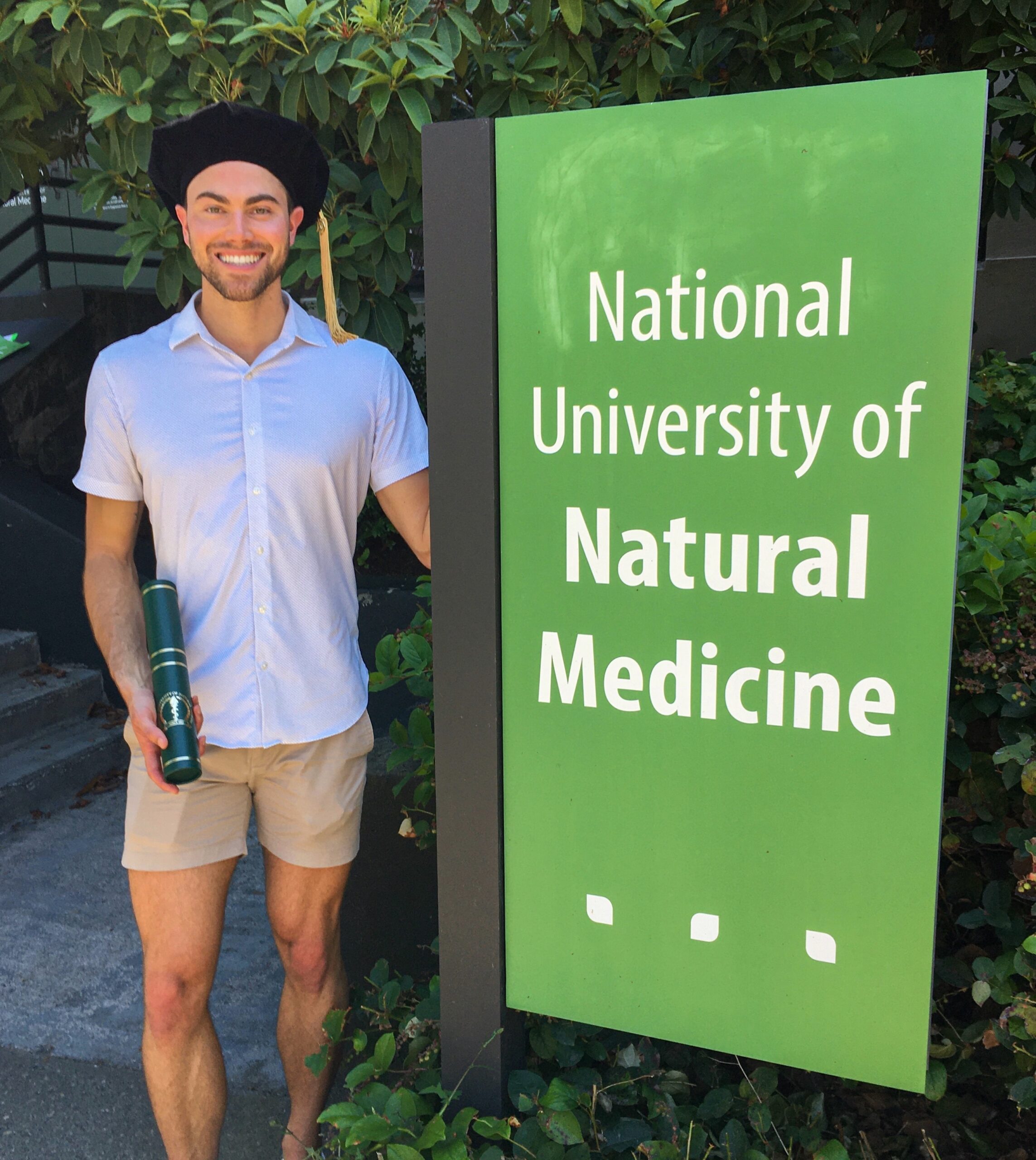

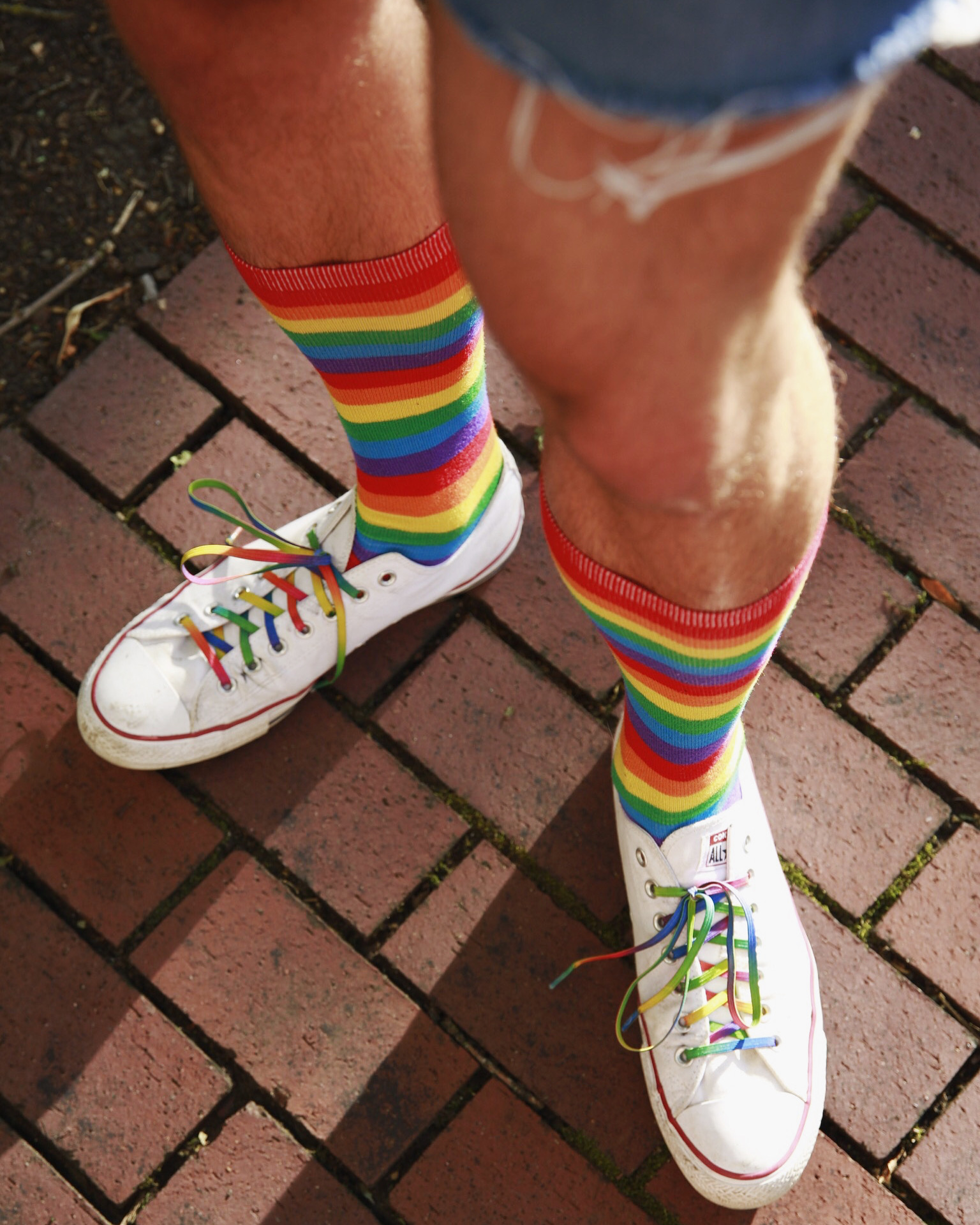
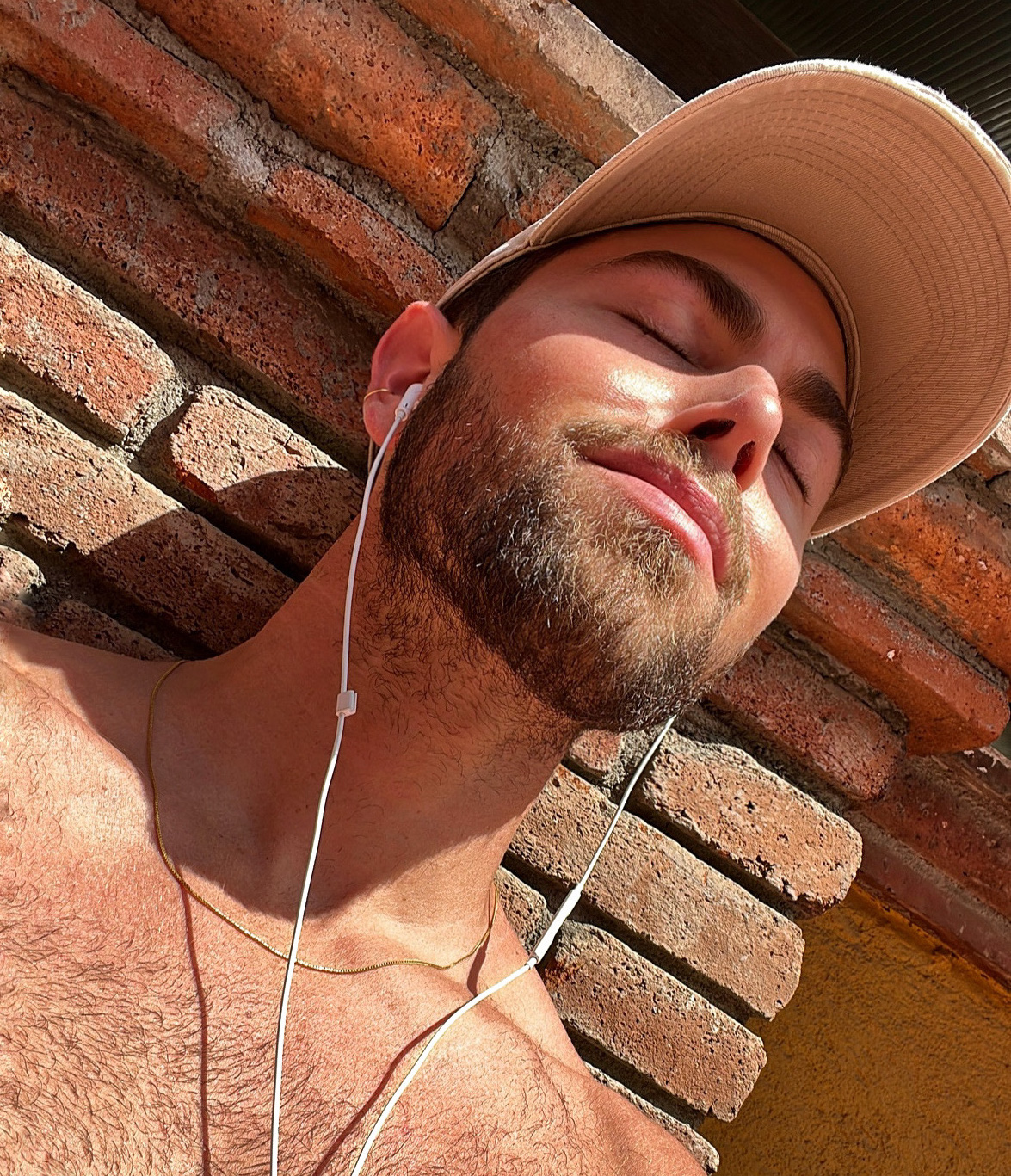
Much of this drive stemmed from the deep shame he carried around his sexuality, seeing it as a flaw. This fueled him to become a doctor because of the status, success, parental approval, desire, and impact that comes with the career. Throughout his travels, he found himself questioning, “Who am I beyond being a doctor? Is my worth solely based on my credentials or accomplishments?” “Will people still value (or listen to) what I have to say if I don’t show up to the public as a medical expert?”
This period was a time of mourning the loss of a constructed persona that falsely validated his existence and provided a deceptive sense of security. Tyler thought he had to sacrifice authentic parts of himself and become someone he was not to be worthy of love. But throughout his journey, he realized that the greatest act of love is allowing himself the space to be seen as his most authentic expressed self.
At first, these profound realizations were hard for Tyler to digest. In fact, there was a time that he thought that he might walk away from social media and never come back. But Tyler realized that he could re-write his relationship with being a doctor and how he showed up in his online community. He could still help others, but not be at the crippling hands of others’ expectations.
During his 21-month journey, Tyler experienced some of the most exhilarating highs as well as moments of doubt, frustration, and fear. He expanded in ways he never thought possible and learned to appreciate the spaciousness that comes with stillness. It was the spaciousness to “just be” that gave him the opportunity to tune in to the world around him, witness his true self, and overcome burn out.
After going through school, seeing patients, and traveling the world experiencing other cultures/people, Tyler has come to realize that health looks different for everyone. Healing is not linear and takes time. Health is dynamic and requires engaging in and cultivating proactive habits to build a robust foundation.
Health is not just the absence of disease, but rather, a state of vibrant energy and vitality. Disease is a process and an outward expression of accumulating disturbing factors that have gone unchecked in the presence of a faulty foundation. While these elements can be rooted in the physical, emotional, and spiritual body, it is ultimately our experiences throughout life and how we respond to adversity that influences our wellbeing.
This has led Tyler to ask a broader question: “What is health?” Tyler believes that the answer lies in ancient wisdom and there is a wealth of knowledge to be gained from various cultures and civilizations that have existed for millennia.
Right now, Tyler is interested in exploring the intersection of science, spirituality, and modern-day mysticism. He has a passion for teaching and his goal is to educate, inspire, and empower others to take self-responsibility for their health, so they can live life to the fullest without limits.
Tyler is a firm believer that the body has the inherent capacity to self-heal, having dealt with and overcoming his own chronic health challenges, including ADHD, asthma, anxiety, and eczema. Feeling like he has been given a second chance at life, Tyler is stepping into this next chapter with more clarity and intention.
Tyler’s interests lie in integrative approaches to gastrointestinal conditions, athletic performance, metabolic and hormonal health, and mental wellness through a trauma-informed lens. Ultimately, Tyler’s career goals would be to create a documentary showcasing and amplifying the stories/philosophies of other cultures around the world and their ‘alternative’ and ‘wild’ remedies they employ for health and longevity. He also envisions offering wellness retreats and events in 2025 to build a community of like-minded individuals that are on a path to deeper healing. While not as popular and well accepted as allopathic medicine, he believes that naturopathic and functional medicines will play an integral role in the future of integrative medicine.
With the rise in chronic disease and the increased patient frustration from minimal treatment options, now, more than ever, people are seeking second opinions as we redefine healthcare.
